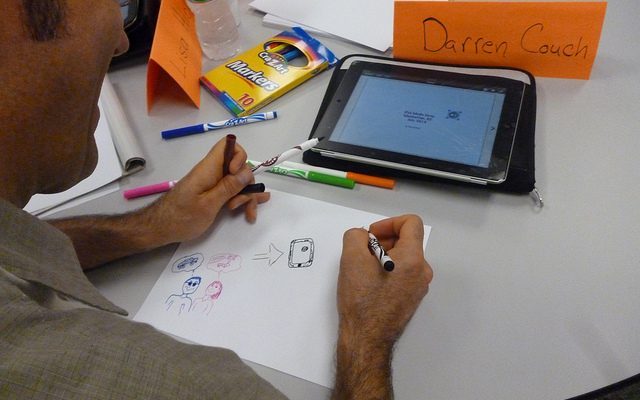10 Essential Skills for the Education Leader of Tomorrow

What will the schools of tomorrow be like?
No one can say for certain. But one thing we do know: schools are under pressure to keep up with the ceaselessly rapidfire changes occurring in our culture. It is difficult to prepare students for the future when we have no way of knowing exactly what that future will be like.
In this context, educational leaders need a unique skill set to make sure that students get what they need. The prevalence of technology inside and outside the classroom, as well as the increased accountability for student achievement, have drastically changed the educational landscape.
Here are the skills that tomorrow’s educational leaders will need to keep up.
- An understanding of student outcomes. Curriculum must evolve to reflect the skills that students will need in the future. The educational leader of the future will understand the practices and environment necessary for student achievement.
- The ability to implement large-scale turnarounds. The bar is set increasingly high for student achievement in numeracy and literacy. Educational leaders must institute programs that lead to deep and lasting learning.
- An understanding of the variety of tools available to educators. Educational leaders must have knowledge of the array of available tools and the precise ways in which they can support teaching and learning.
- The ability and the desire to reform school culture. The leaders of the future must have a compelling vision and a commitment to high standards, so that they can implement deep and lasting reform.
- A commitment to quality professional development. The leaders and educators of tomorrow know that they must learn something new every day to keep their methods fresh in changing times.
- Knowledge of the best ways to support staff. Tomorrow’s leaders will understand what staff needs to carry out school and district goals effectively.
- An unwavering moral compass. The school leaders of the future have a strong social conscience and always keep the best interests of students in the forefront of decision-making.
- The ability to measure progress and success. As new tools are introduced, it’s important to evaluate their effectiveness and their impact on student learning.
- Personal use and exploration of new tools. The school leaders of tomorrow will model learning for others by adding new tools to their own repertoire.
- Emotional intelligence. When guiding their schools through disruptive changes, school leaders will need to maintain strong relationships with students, teachers, parents and the community.
The future is a moving target, but one thing is clear: effective school leaders demonstrate courage, care and determination. These qualities will serve our schools well in any culture or time period.



